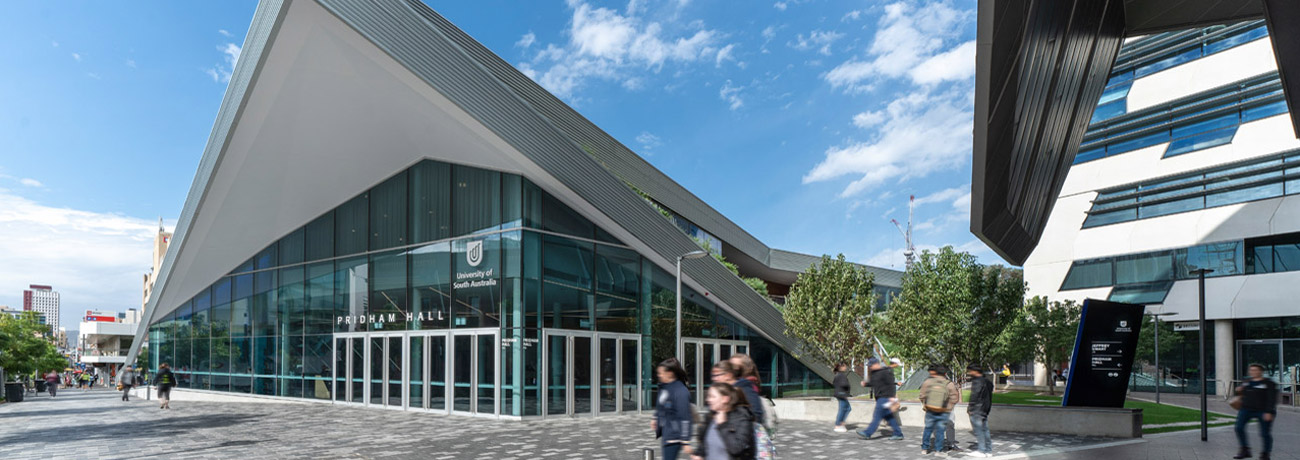

Applicants would normally have completed a Bachelor degree in electrical engineering or other relevant discipline.
English Language Requirements:
IELTS score of 6.5 (with 6.0 in Reading and Writing); TOEFL iBT score of 79 with Reading and Writing not less than 18; TOEFL paper-based test (PBT) score of 577 with TWE of 4.5; Cambridge CAE/CPE score of 177; Pearson's test of English (Academic) (PTE) score of 58 with Reading and Writing communicative scores not less than 50; CELUSA score of AE5.
In this master degree, you will study advanced topics in electrical power systems, such as the operation and control of modern power systems; renewable and distributed energy generation; and advanced modelling of electrical machines.
Incorporating strong theoretical teaching, experience-based learning and modern facilities, we offer the ideal academic blend for graduates to meet the challenges of modern enterprise. Learning is supported by world-class engineering research and industry experience to help advance your expertise and career opportunities.
Graduate career-ready by completing the UniSA STEM Professional Practice Program and gain at least 450 hours of skills and competencies through a range of engagement activities such as placements, internships, guest lectures, industry panels, site visits, networking and events.
If, for any reason you cannot continue your study and you decide to exit this degree having successfully completed the first semester, you may be eligible to receive a graduate certificate qualification. If you have successfully completed the first year, you may be eligible to receive a graduate diploma qualification.
What you'll learn
In your first year of study you’ll study specialist electrical power engineering, such as the operation and control of modern power systems and power generation from renewable energy sources.
In second year you’ll take further specialist courses such as renewable and distributed power generation, advanced modelling of electrical machines, and modelling and analysis of power systems.
Key to this degree is the development and application of research methods and skills. These will be invaluable when you begin work on your minor thesis.
Our UniSA STEM Professional Practice Program allows you to apply the skills and knowledge you've acquired throughout your degree in real-world settings.
Your career
There are a wide range of career options for highly qualified engineers. You could work in renewable energy systems (wind farms and solar), in power transmission or power distribution, or in support of major consumers of electric energy within the manufacturing industry.
Careers to consider:
energy researcher: designing, researching, improving and discovering clean energy technologies and renewable energy sources; analysing energy needs, and planning renewable, accessible, cost-effective and environmentally friendly solutions
engineering operations manager: supervising and leading teams of engineers, scientists and technicians who work on projects; overseeing production and quality control; directing operations, testing and maintenance; planning and scheduling, client consulting, budgetary responsibilities
renewable energy research and development: improving the capabilities of current energy technologies or developing new technological innovations; analysing problems, identifying solutions, using research methods to apply and test solutions, documenting and presenting solutions
Level of Study: Masters Degree (Coursework)
Duration: 2 years
CRICOS Course Code: 079908C
English Requirements: IELTS Score UG 6
Annual Tuition: AUD$41,200.00
Disclaimer: The listings provided on the StudyAdelaide.com website are for information and promotional purposes only. The information, content and material provided in the listings is the sole responsibility of each education provider. While every care has been taken in preparing the information published on this website, StudyAdelaide does not guarantee the accuracy or currency of the content.